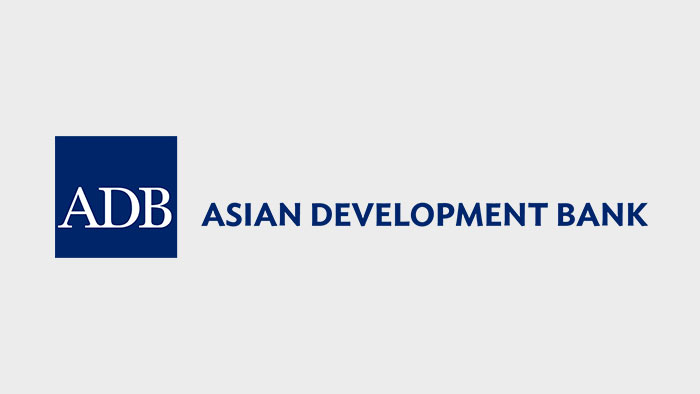ADB urges Sri Lanka to address gender inequality to boost economic growth

The Asian Development Bank (ADB) has highlighted the critical role of addressing gender inequality in achieving Sri Lanka’s ambitious growth targets.
Despite having an economically active population of 8.5 million in 2022, Sri Lanka’s female labor force participation stood at only 32.1%, a decrease from 33.6% in 2018, exacerbated by the economic crisis.
Several factors contribute to this low participation rate, including the lack of safe and affordable childcare, insufficient flexible work arrangements, significant household and caregiving responsibilities traditionally assigned to women, and public transport systems that do not adequately cater to women’s needs.
The ADB’s recent outlook report suggests that while the private sector has made some efforts to improve the situation, substantial progress can be achieved if the government implements a more supportive framework.
Recommended measures include introducing flexible working hours and enforcing equal pay laws to enhance female labor participation.
Additionally, the ADB emphasizes the need for reform in labor laws to transition workers from the informal sector to formal employment, thereby offering them better protection against exploitation.
The report also proposes the consideration of an employment-linked support mechanism, such as a contributory unemployment insurance scheme, alongside related legislative reforms, to provide further security for workers.
This integrated approach is crucial for Sri Lanka as it strives to fulfill its higher economic growth aspirations while promoting gender equality in the workforce.
Latest Headlines in Sri Lanka
- Sri Lanka declares essential services to ensure recovery after Cyclone Ditwah January 31, 2026
- Sri Lanka disburses Rs. 50,000 relief to 70% of Cyclone Ditwah victims January 31, 2026
- Sri Lanka to launch national review on social media’s impact on children January 30, 2026
- Sri Lanka, Saudi Arabia move to boost industrial cooperation January 30, 2026
- Johnston Fernando, two sons and others further remanded until February 13, 2026 January 30, 2026


